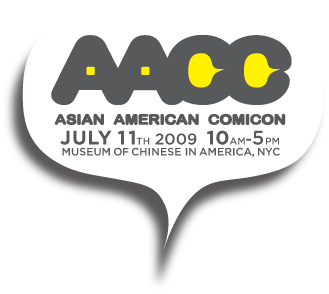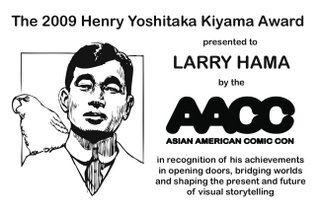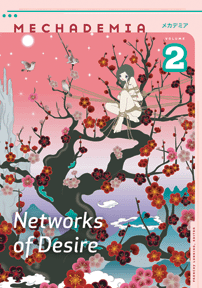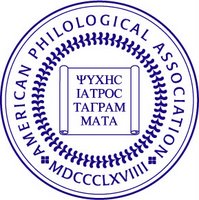CFP: From an Intercultural Crossover to a Transcultural Phenomenon (Cologne, Germany; deadline August 31)
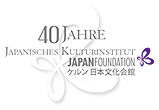
to a Transcultural Phenomenon:
Manga, Comic, Graphic Novel
September 30 – October 2, 2010
International Conference at the Cultural Institute of Japan, Cologne
(Japanisches Kulturinstitut Köln, The Japan Foundation)
in cooperation with CITS
(Center for Inter- & Transcultural Studies, University of Cologne)
Manga, comics and graphic novels are shaped by different cultural codes and shifting visual and narrative conventions. This conference focuses on the historical development and theoretical aspects of comics and manga by stressing their mutual influences. Whereas European and North American art and popular culture exert a great impact on Japanese manga, such as the Franco-Belgian tradition of “ligne claire” on Ōtomo Katsuhiro and Taniguchi Jirō, Walt Disney’s animated films on Tezuka Ōsamu and Christian and Antique ideas on Miyazaki Hayao, Japanese manga influence the concept and visual conventions of modern European and American comics as well, as can be seen in the work by Frédéric Boilet, Moebius, and Frank Miller, among others. Moreover, the intercultural exchange between the Japanese manga tradition and equivalent forms of sequential art in other Asian countries (i.e. China, India, and Korea) largely contributes to the dissemination of new hybrid art forms in the realm of comics and manga.
The purpose of this conference is to bring together scholars and other experts of different countries and different fields, i.e. literary studies, picture theory, cultural studies, linguistics, narratology, film studies, and semiotics, who pursue different areas of investigation in this field. In order to adhere to a general outline for this conference, the papers might deal with one or several of the following topics:
- Intermedial, intercultural and narrative perspectives for the interpretation of the graphic novel and other genres of sequential art prominent in both comics and manga
- Comparative analysis of the construction of time and setting in comics and manga
- The functions of color in comics and manga
- Similarities and differences between Japanese and other Asian manga and European and North American comics
- Impact of wordless comics and manga
- Historical development of the mutual influence of comics and manga
- Change of the conventional verbal signs (such as speech balloons, sound effects, typography)
- Influence of films and cinematic style on the production of comics and manga
- Influence of visual codes derived from art history and popular culture in order to create an individual artistic style
The deadline for proposals is: 31 August 2009.
Please email a 300 word abstract (for a thirty minute paper, followed by 15 minutes for discussion) and a short biography as an attached word document to Bettina Kümmerling-Meibauer at: bettina.kuemmerling@t-online.de and Franziska Ehmcke at: amm07@uni-koeln.de
Notification of the acceptance of proposals will be made by 30 September 2009.
The conference fee will be 120 Euro, including catering, technical equipment, conference folders and various arrangements.
The conference venue is located in the Cultural Institute of Japan, not far from the University of Cologne. For details, go to www.jki.de (text in German and Japanese).
Image Credit: Cultural Institute of Japan website.
Labels: academic, cfps, conferences, Germany, graphic novels, Japan, manga
